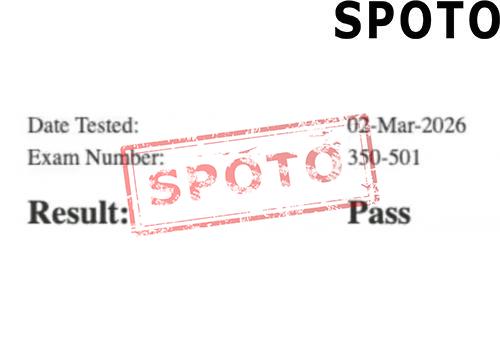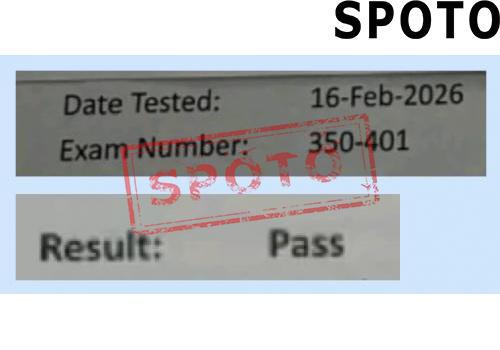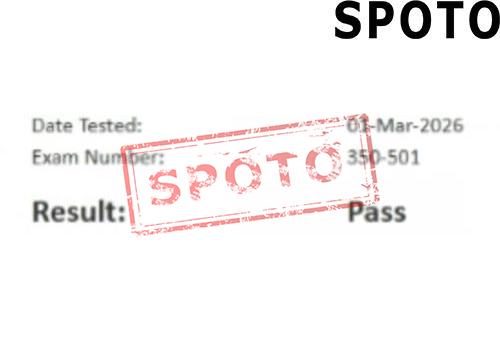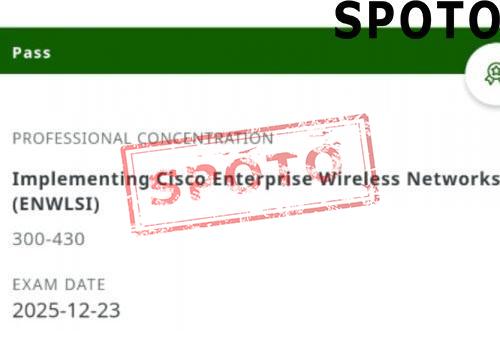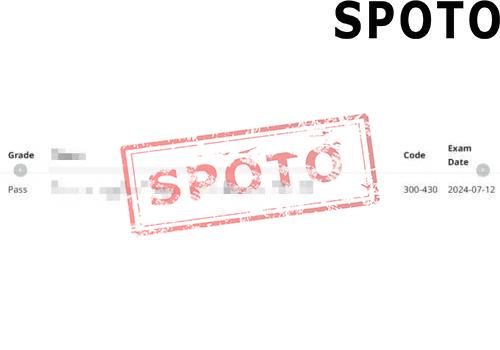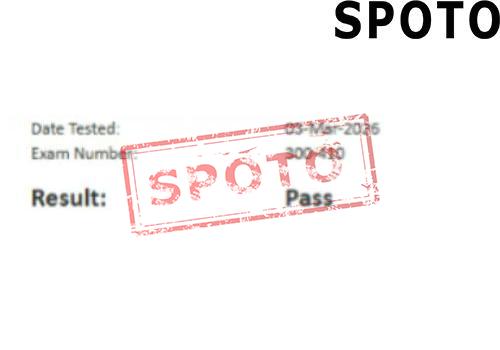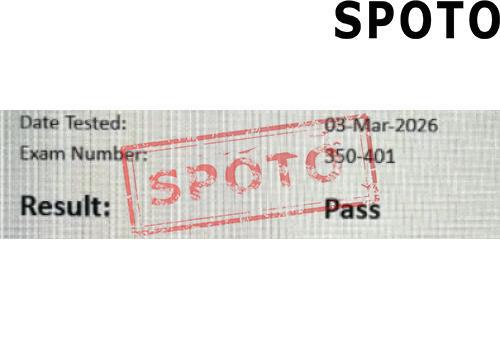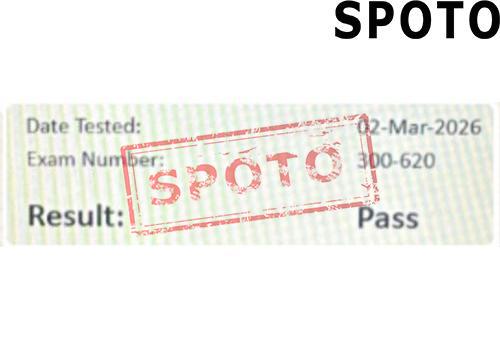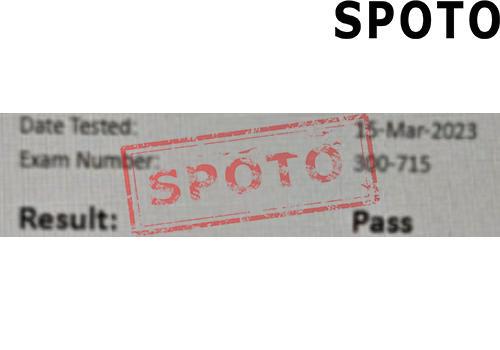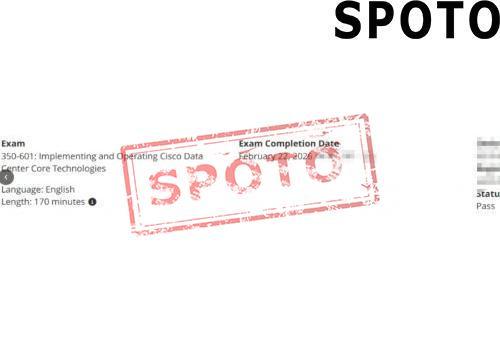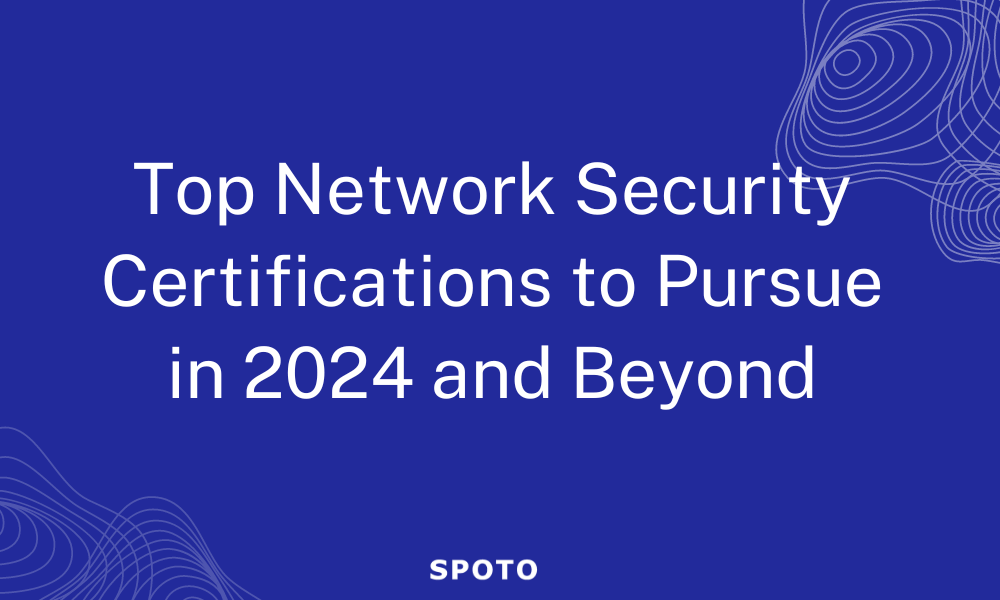
Table of Contents
- 1. Certified Information Systems Security Professional (CISSP)
- 2. Cisco Certified CyberOps Associate (200‑201 CBROPS)
- 3. Cisco Certified Network Professional Security (300‑715 SISE & 300‑535 SPAUTO)
- 4. CompTIA Security+ (SY0‑701)
- 5. Certified Ethical Hacker (CEH v12)
- 6. Offensive Security Certified Professional (OSCP)
- 7. Palo Alto Networks Certified Network Security Engineer (PCNSE)
- 8. Certified Information Security Manager (CISM)
- 9. Certified Cloud Security Professional (CCSP)
With the ever‑evolving threat landscape, earning a network security certification can sharpen your skills, validate your expertise, and boost your career prospects. Whether you’re aiming for a technical hands‑on role or a strategic leadership position, this guide covers the top network security certifications for 2026 and beyond, updated to reflect the latest exam changes and industry priorities.
1. Certified Information Systems Security Professional (CISSP)
-
Overview: Vendor‑neutral, management‑focused credential from (ISC)².
-
Why It Matters: Recognized globally as the gold standard for security leadership roles.
-
Exam Focus: Eight domains including Security & Risk Management, Asset Security, Security Architecture, and Software Development Security.
-
Prerequisites: 5 years of relevant work experience (waived with a relevant four‑year degree).
-
Renewal: 120 CPE credits every three years.
2. Cisco Certified CyberOps Associate (200‑201 CBROPS)
-
Overview: Hands‑on skills for Security Operations Center (SOC) roles.
-
Why It Matters: Emphasizes incident monitoring, detection, and response using Cisco tools.
-
Exam Focus: Security concepts, monitoring, host‑based analysis, network intrusion analysis, and security policies.
-
Prerequisites: None; recommended familiarity with networking and Linux.
-
Renewal: Valid for three years with continuing education credits.
3. Cisco Certified Network Professional Security (300‑715 SISE & 300‑535 SPAUTO)
-
Overview: Advanced technical credential covering secure access (SISE) and automation (SPAUTO).
-
Why It Matters: Demonstrates deep expertise in Cisco TrustSec, device profiling, and security automation.
-
Exam Focus:
-
300‑715 SISE: Identity management, profiling, posture, guest services, CoA.
-
300‑535 SPAUTO: Python scripting, REST‑CONF/NETCONF, Cisco APIs.
-
-
Prerequisites: CCNP Enterprise or equivalent experience.
-
Renewal: 3 years via re‑certification exam or continuing education.
4. CompTIA Security+ (SY0‑701)
-
Overview: Entry‑to‑intermediate, vendor‑neutral certification.
-
Why It Matters: Validates foundational security skills for network, host, and application environments.
-
Exam Focus: Threats, vulnerabilities, architecture, design, implementation, operations, and incident response.
-
Prerequisites: Recommended two years of IT administration experience.
-
Renewal: 3 years via continuing education.
5. Certified Ethical Hacker (CEH v12)
-
Overview: Offensive security credential from EC‑Council.
-
Why It Matters: Teaches penetration testing methodologies across network, application, and wireless domains.
-
Exam Focus: Reconnaissance, scanning, exploitation, social engineering, and reporting.
-
Prerequisites: Two years of security experience or CEH training.
-
Renewal: Annual subscription fee plus earning CPEs.
6. Offensive Security Certified Professional (OSCP)
-
Overview: Hands‑on, lab‑focused penetration testing certification from Offensive Security.
-
Why It Matters: Renowned for its rigorous 24‑hour practical exam; highly respected by employers.
-
Exam Focus: Simulated network penetration testing, vulnerability research, exploit development, and documentation.
-
Prerequisites: Strong Linux, networking, and scripting fundamentals.
-
Renewal: One‑time credential; no renewal required.
7. Palo Alto Networks Certified Network Security Engineer (PCNSE)
-
Overview: Validates advanced configuration and management of Palo Alto next‑gen firewalls and Panorama.
-
Why It Matters: Ideal for organizations using Palo Alto’s security platform.
-
Exam Focus: Firewall deployment, policies, high availability, threat prevention, VPNs, and logging/monitoring.
-
Prerequisites: At least six months of hands‑on experience with Palo Alto firewalls.
-
Renewal: 3 years with continuing education credits.
8. Certified Information Security Manager (CISM)
-
Overview: Management‑oriented credential from ISACA.
-
Why It Matters: Bridges technical expertise and business strategy in information security management.
-
Exam Focus: Governance, risk management, program development, incident management.
-
Prerequisites: 5 years of relevant work experience (waivers available).
-
Renewal: 120 CPE credits every three years.
9. Certified Cloud Security Professional (CCSP)
-
Overview: Jointly offered by (ISC)² and Cloud Security Alliance.
-
Why It Matters: Focuses on cloud security architecture, operations, compliance, and risk management.
-
Exam Focus: Six domains including Cloud Architecture, Data Security, Platform & Infrastructure Security, Cloud Security Operations, and Legal/Compliance.
-
Prerequisites: 5 years of IT experience, including 1 year in cloud security.
-
Renewal: 90 CPE credits every three years.
